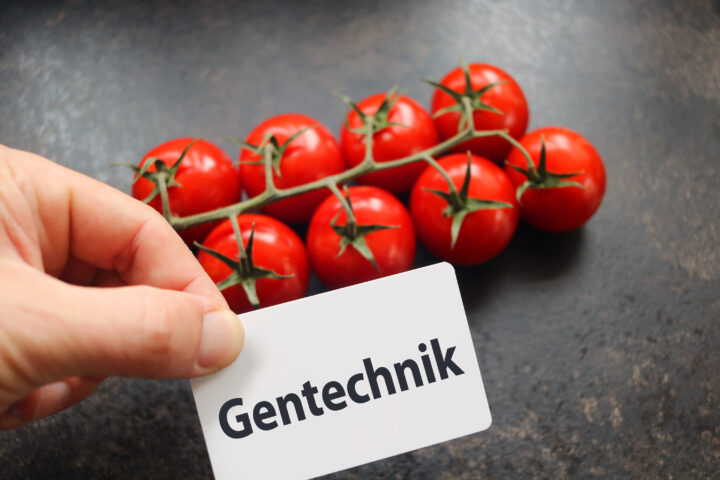
Swiss carrots and onions are in short supply
Switzerland is in danger of running out of home-grown carrots and onions by the spring. This is due to the poor weather conditions last summer. It was not possible to begin sowing storage vegetables until far too late. Stocks are running low.
Tuesday, January 18, 2022
According to the Verband der Schweizer Gemüseproduzenten, stocks of carrots, onions and celeriac are about 30 percent below the three-year average. According to an article in "Blick". The situation looks gloomier still for beets and red cabbage. For these, inventories are as much as 50 percent lower than usual levels.
Imported carrots instead of Swiss vegetables
In plain language, this means: There are not enough reserves to last until the next harvest. In an interview with "Blick", Alexander Zogg, managing director of Müller Azmoos AG, predicted: "It is expected that by mid-April there will be no Swiss carrots left". His company markets and distributes vegetables from 120 vegetable growers in eastern Switzerland. The first carrots are not expected to be ready for harvest until June this year. In the time between, these carrots will probably have to be imported – from Italy and Spain. Migros warned in "Blick" that carrots will probably have to be imported in April and May, until the new crops are harvested domestically in the summer. It is quite normal for Switzerland to import carrots for two to three weeks in May. But this year the practice will continue for one-and-a-half months. According to Zogg, the reserves of Swiss onions may be gone as early as the end of March.
Rain and hail in summer 2021
The reason for these shortages of Swiss storage vegetables is the abysmal weather that prevailed in the spring and summer of 2021. Cool temperatures, continuous rain and hail destroyed a large portion of the crops, or prevented the vegetables from being planted until much too late. Consequently, the vegetable growing season was also shorter than in normal years. According to the "Blick" report, the onion harvest was particularly badly affected. The bulbs are extremely sensitive to excess moisture and hail, and many farming concerns reported that their crops completely failed. The effects of the poor weather conditions were also felt at the annual "Zibelemärit" Onion Market in Bern. Considerably fewer onions were offered than in previous years.
Rising prices
Even so, the farmers were able to obtain good prices for the smaller harvest, which make up for the lost volume to some degree. According to the Federal Office for Agriculture (BLW), the price per kilogram for Swiss carrots in 2021 was about 30 Swiss centimes higher than in the years before. This represents to an increase of 30 percent per kilogram. At times, onions also cost 20 centimes per kilogram more than in previous years.
Sources
Related articles

Residue is not the same as residue
Painkillers like Voltaren are a blessing for us – yet in our rivers they can harm fish. If these were crop protection products, calls for bans would be immediate. It becomes clear that we are applying double standards.

ARTE documentary: Genetic engineering in organic farming?
The ARTE documentary “Genetic engineering in organic farming?” examines key controversial questions of modern agriculture: Is the general exclusion of new breeding technologies still up to date? Can the resistance of organic farming be justified scientifically?

The Great Suffering of Farmers
Fire blight, Japanese beetles, or grapevine yellows – farmers in Valais, too, are increasingly feeling helpless in the face of the threats posed by nature. More and more often, they lack the means to effectively protect their crops. This makes it all the more important for the Federal Council to place a pragmatic balancing of interests at the forefront when setting threshold values.

'Tomatoes on your eyes'
The submitted “Food Protection Initiative” calls for “GMO-free food.” Leaving aside this illusory demand, its adoption would mean more bureaucracy, more trade barriers, and less innovation. The Swiss Farmers’ Union describes the proposal as “unnecessary” and warns of a setback to the goal of achieving an even more sustainable agriculture.

